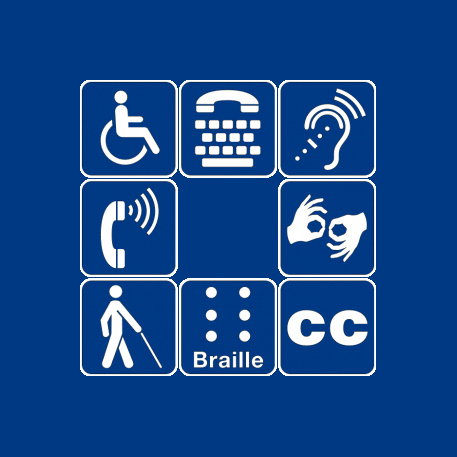
The HFHR has sent a submission to the Chair of the Interdepartmental Team for the Development of a System of Disability and Occupational Disability Assessment, urging her to take into consideration a necessity of amending the rules that govern designation of reasons of disability in disability certificates.
Current rules
Currently, the rules governing disability assessment process are laid down in the Act on the social and vocational rehabilitation and employment of individuals with disabilities. The Act does not determine any specific elements of a disability certificate, leaving this issue to be governed by a regulation.
The relevant executive act, namely the regulation of the Minister of Economy, Labour and Social Policy on the procedure for assessing disability and the degree of disability, provides that a disability certificate should include information about the reason of disability expressed by a code (or several codes) listed in the regulation. A single disability code refers to broad categories of conditions and does not discriminate between degrees of their severity. This is why, for instance, a person suffering from a mild form of depression and a person with severe schizophrenia would have the same code in their disability certificates. Therefore, a person who presents such a certificate at a workplace is likely to be branded with a social stigma.
Unconstitutional measures
In its submission, the Foundation noted that current law on this matter was unconstitutional. First, the law violates the principle that any limitations of constitutional rights and liberties (including the right to privacy and informational autonomy) must have a statutory basis. Accordingly, it is an Act of Parliament rather than a regulation that should lay down the rules of the use of personal data in disability certificates.
However, the HFHR emphasised that transferring the measures in question to the statutory level was unlikely to alleviate all concerns as the very fact that a disability certificate discloses a disability code violates the Constitution. Since a person with a disability must present the certificate to an employer in order to become eligible for different facilities and accommodation, disclosure of a code constitutes a far-reaching and unreasonable interference with the rights of an individual, which arises out of a disclosure of sensitive information and exposes an individual to the risk of discrimination at a workplace. The Foundation quoted a position statement of the Polish Psychiatric Society, which argued in a letter sent to the HFHR that the regulation’s provisions are unconstitutional and should be replaced by other, less intrusive measures.
According to the HFHR, the ongoing legislative works on the complete overhaul of the disability assessment process present an excellent opportunity for remedying all the indicated defects of the system.
Adam’s* case
The submission sent to the Chair of the Interdepartmental Team is only one of the actions that the Foundation took in this area. In March 2017, the HFHR asked the Commissioner for Human Rights to submit a complaint in cassation in a case of a man whose disability certificate included the about the 02-P code, which indicates a mental condition. The CHR refused to file a complaint in cassation but the Constitutional Tribunal has accepted the man’s constitutional complaint.
* The name has been changed.


